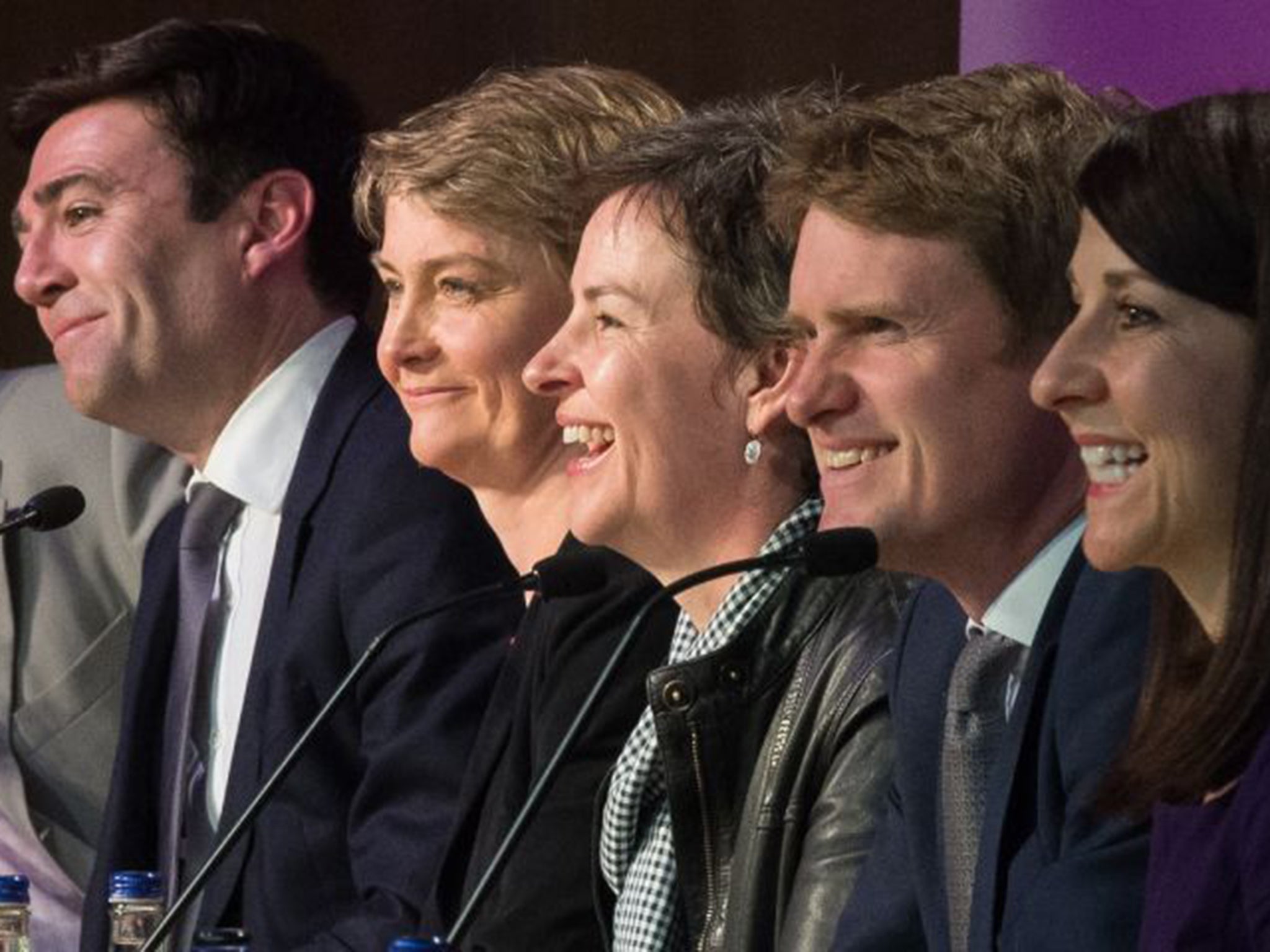The Labour Party was founded by trade unions – but how much say do they have in choosing the party’s leader?
How is the Labour leader elected?
The leader of the Labour Party is elected on a one-member, one-vote basis.
Every member of the Labour Party gets a single vote in the leadership election. Affiliated supporters who are not full party members can also vote in the election and their votes count with the same weight as full party members.
These votes are cast, counted, and the candidate with the most support becomes leader.
Candidates must be dominated by 15% of the party’s MPs (currently 35) in order to officially enter the race. The election is conducted using the Alternative Vote system.
Trade union members who are not members or affiliated supporters of the Labour Party do not automatically get a vote. Trade unions can encourage their members to sign up as affiliated Labour supporters, though it is not yet clear how many will choose to do this.
Do the ‘union barons’ get a vote?
If trade union leaders are registered supporters or members of the Labour Party, they get a single vote, like everybody else.
What about this trade union block vote I’ve heard so much about?
The current set of rules were adopted under Ed Miliband in 2014 in response to the Collins Report, which recommended the introduction of full one-member, one-vote. It does not include a block vote.
Prior to these reforms, the system was different. Individual members of trade unions automatically had a vote in leadership elections. These votes counted less than those of full Labour party members.
Even under this system trade union leaders did not have any control over these votes, but could endorse or campaign for candidates as they can now. There was some criticism that the old system left trade unions in charge of distributing ballot papers to their own members.
That still doesn’t sound like a block vote
Until the 1990s trade unions had a ‘block vote’ exercised by union delegates at conference.
This system was abolished when John Smith was leader in 1993.
Why are people still talking about the union block vote?
Some commentators and politicians inside and outside Labour continue to make mistaken direct or implied reference to the existence of the block vote.
They will each have their own reasons for doing this. They may not understand the voting system, or they may have an agenda.
Is there any way at all trade unions can influence the result?
Trade unions can campaign for, donate to, or endorse candidates in the same way as any other organisation or individual.
Trade unions have close links with many MPs and could potentially discourage them from nominating candidates they didn’t like. There is no evidence that this has happened or that it would be a successful strategy.
Like other people or organisations they can call for a Labour leader to resign.
Trade unions have seats on the party's National Executive which can vote no confidence in the party's leader, but even if all the unions in the country were to agree the vote would not succeed without support from other parts of the party.
Subscribe to Independent Premium to bookmark this article
Want to bookmark your favourite articles and stories to read or reference later? Start your Independent Premium subscription today.


Join our commenting forum
Join thought-provoking conversations, follow other Independent readers and see their replies